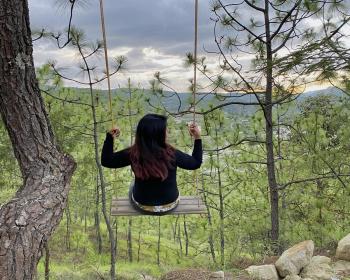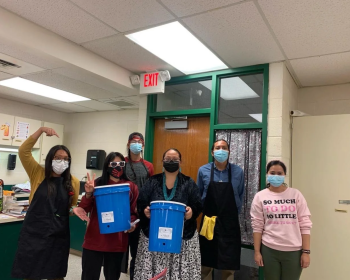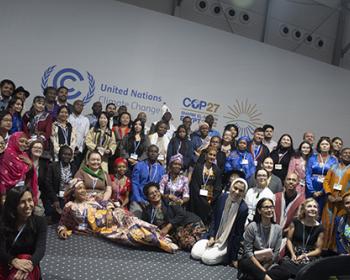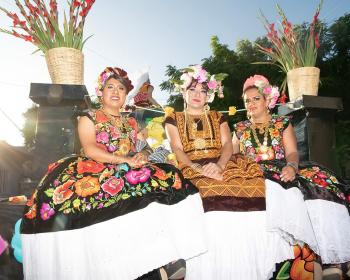Every year on March 22, the world celebrates World Water Day, a day dedicated to promoting the importance of freshwater and raising awareness about the global water crisis. This year's theme is "Accelerating Change," which emphasizes the urgency for better water governance and management.





